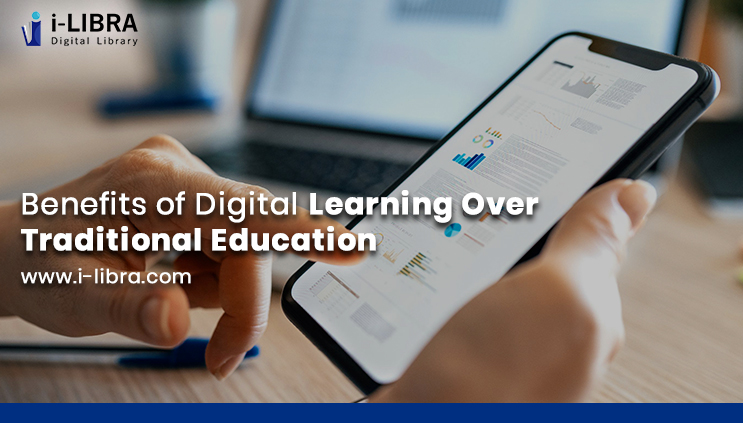
Benefits of Digital Learning Over Traditional Education
The shift to digital learning marks a significant evolution in education, offering various advantages that cater to the needs of modern students. By promoting self-motivation, enhancing collaboration, and fostering sustainability, digital learning is reshaping the educational landscape.
Self-Motivation and Responsibility
Digital learning encourages students to take ownership of their education. Interactive tools and personalized content make learning more engaging, pushing students to be proactive in their learning journey. This independence leads to a deeper understanding of the material.
Critical Thinking and Cognitive Skills
Unlike traditional rote memorization, digital platforms allow students to explore concepts through multimedia resources. This approach boosts critical thinking and problem-solving skills, helping students grasp knowledge on a deeper level and improve overall cognitive development.
Fostering Real-Time Information Sharing
With digital tools, students can collaborate in real-time, share ideas, and work on projects together, fostering a dynamic learning environment. This promotes teamwork and communication skills, vital in today’s interconnected world.
Engaging Educators and Parents
Digital platforms bring teachers and parents into the learning process, allowing for easier monitoring of student progress and involvement. This creates a supportive network that enhances the overall educational experience.
Improving Employability Skills
Digital education equips students with skills that align with modern workplace demands. It develops digital literacy, problem-solving, and collaboration skills, ensuring students are better prepared for future careers.
Promoting Environmental Sustainability
By reducing the need for paper resources, digital learning contributes to environmental sustainability. This not only benefits the planet but also teaches students the importance of responsible resource use.
Conclusion
Digital learning is proving to be more than just a convenient alternative to traditional education-it’s a transformative approach that promotes student engagement, cognitive development, and environmental responsibility. As education continues to evolve, the benefits of digital learning will likely continue to grow, paving the way for a more inclusive and effective learning experience.